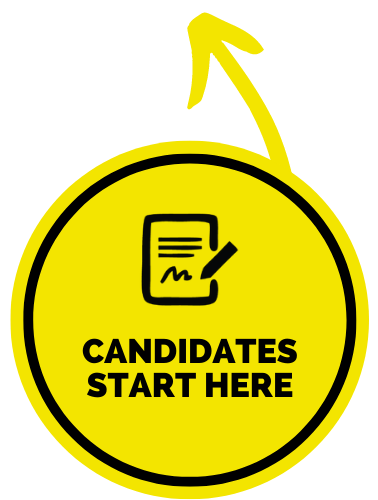
With social distancing practices still in place, video interviews are becoming the norm for recruiters and employers alike. It can be intimidating to look into a camera and treat it like a face-to-face interview, so here are a few tips to make it easier:
1. Make sure you have all the meeting details
When you are invited for a video interview, make sure that you know what time the meeting is, who your interviewer will be, and which platform is being used (Zoom, Skype, Google Meet, etc.). Also ensure that you have all the relevant login details. This will reduce stress and anxiety on the day.
2. Check your tech
Make sure that your camera and microphone are working properly, that your internet connection is okay and that you get a good Wi-Fi signal from where you are sitting. Things might still go wrong, but you will have more peace of mind if you try to control for as many factors as possible.
3. Minimise distractions
Try to find a quiet room where there is not much noise from outside. Keep pets out of the room and if you live with family members, let them know when your interview will be so that they can be mindful of it. You’ll want all your focus to be on answering the questions, and if you are interviewing for a remote position, you’ll want to show that you won’t be working in a distracting environment.
4. Dress to impress
Just because your interview is at home doesn’t mean you should dress casually. Take the opportunity to show that you are professional and serious about the role by dressing as you would for any other interview. It will also help get you in the right mindset for your meeting.
5. Make eye contact
While it’s definitely more difficult to do when you aren’t in the same room, try as far as possible to make eye contact. This shows the interviewer that you are engaged and taking an active interest in the conversation.
6. Keep your CV next to you
Having your CV on screen and clicking to it during the interview can look unprofessional and like you aren’t paying attention. Instead, let your interviewer know that you may occasionally refer to a printed copy. It will make you seem more prepared and engaged in the conversation.
7. Prepare and rehearse key questions
There are some questions that come up in most interviews. Indeed has compiled a pretty comprehensive list of examples with advice on answering them. While you don’t need to write out and memorise an answer for every possible question, it can be helpful to have an idea of what you would say for some of them. It’s one less thing to worry about on the day.
Most importantly, don’t panic if things do go wrong before or during your interview. Technology is unpredictable and since everyone is in the same boat, most interviewers will understand. As long as you have prepared and your interviewer knows what’s happening, you have very little to worry about.
You’ve got this!










